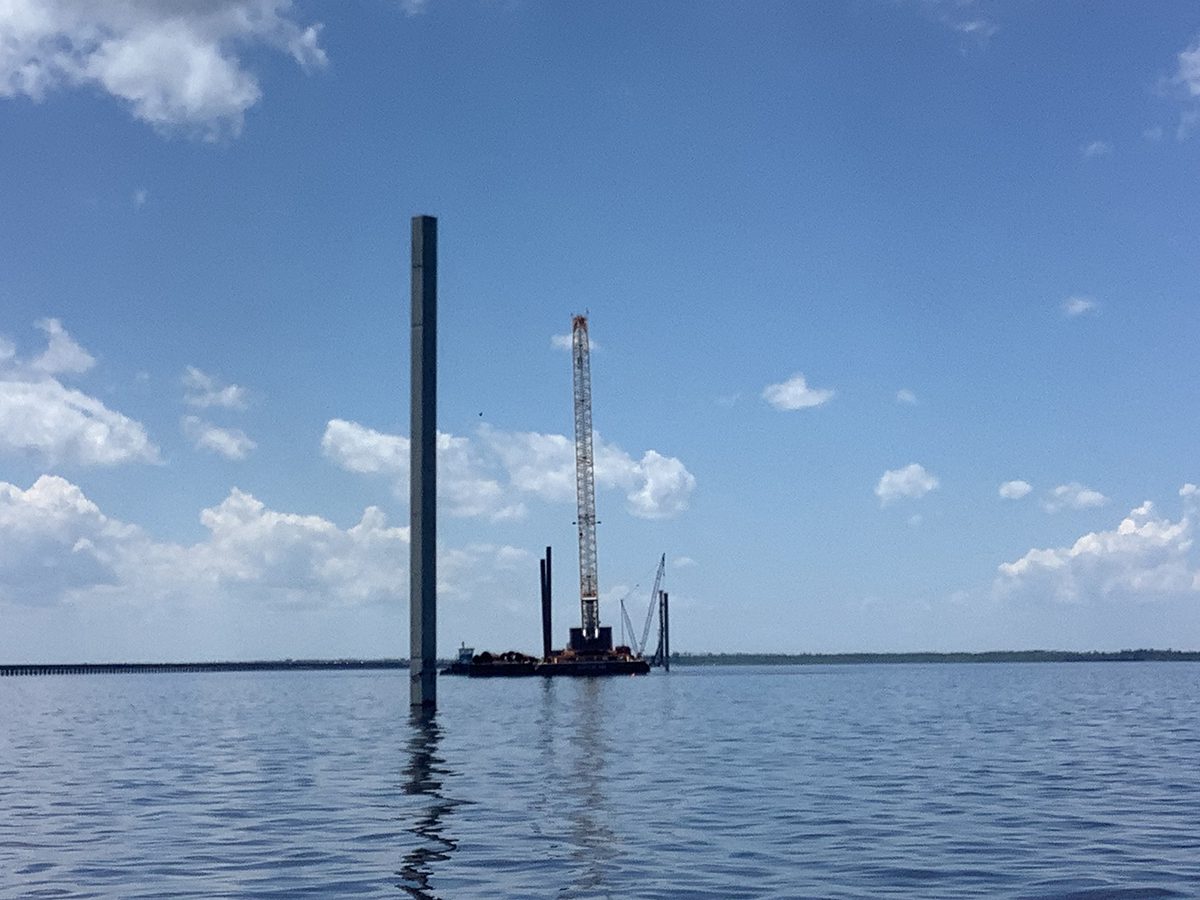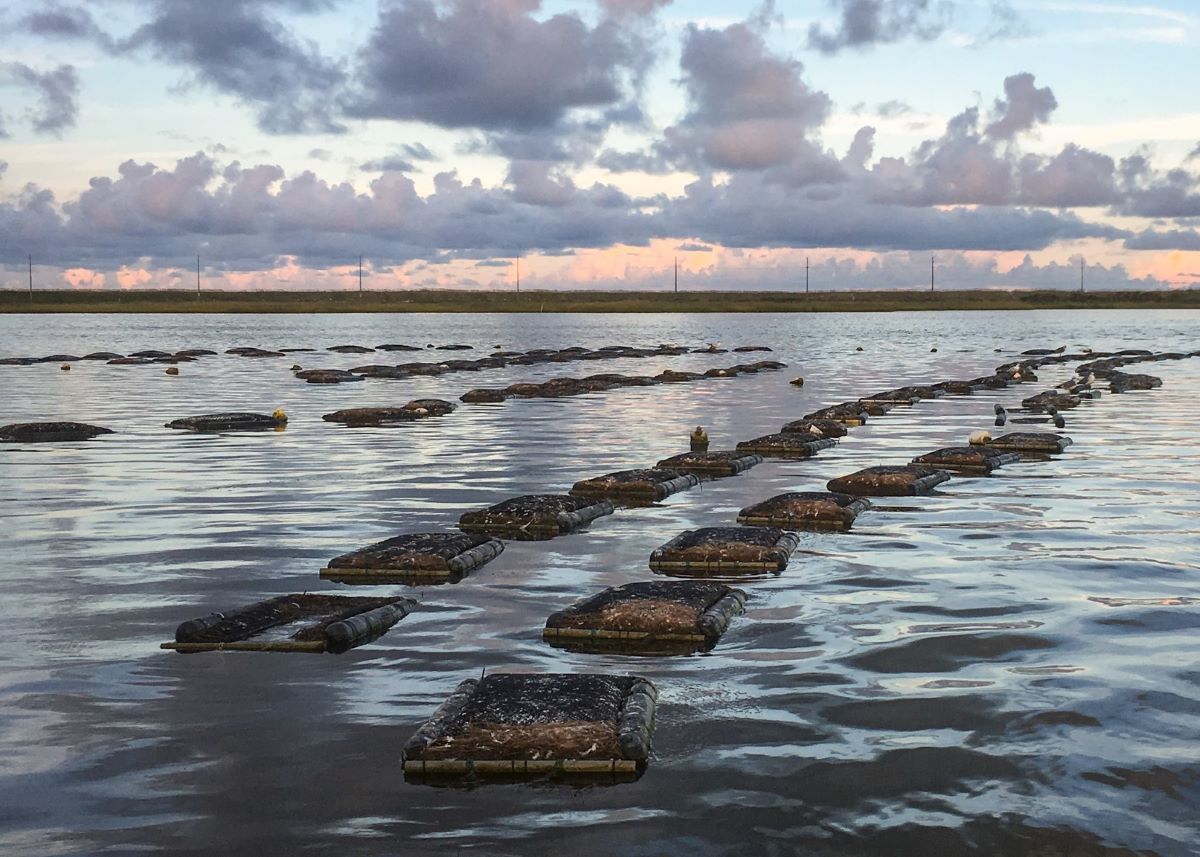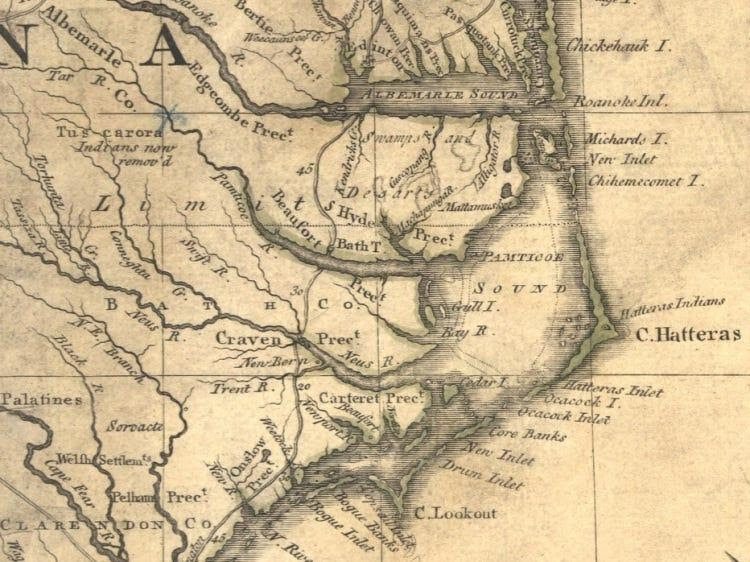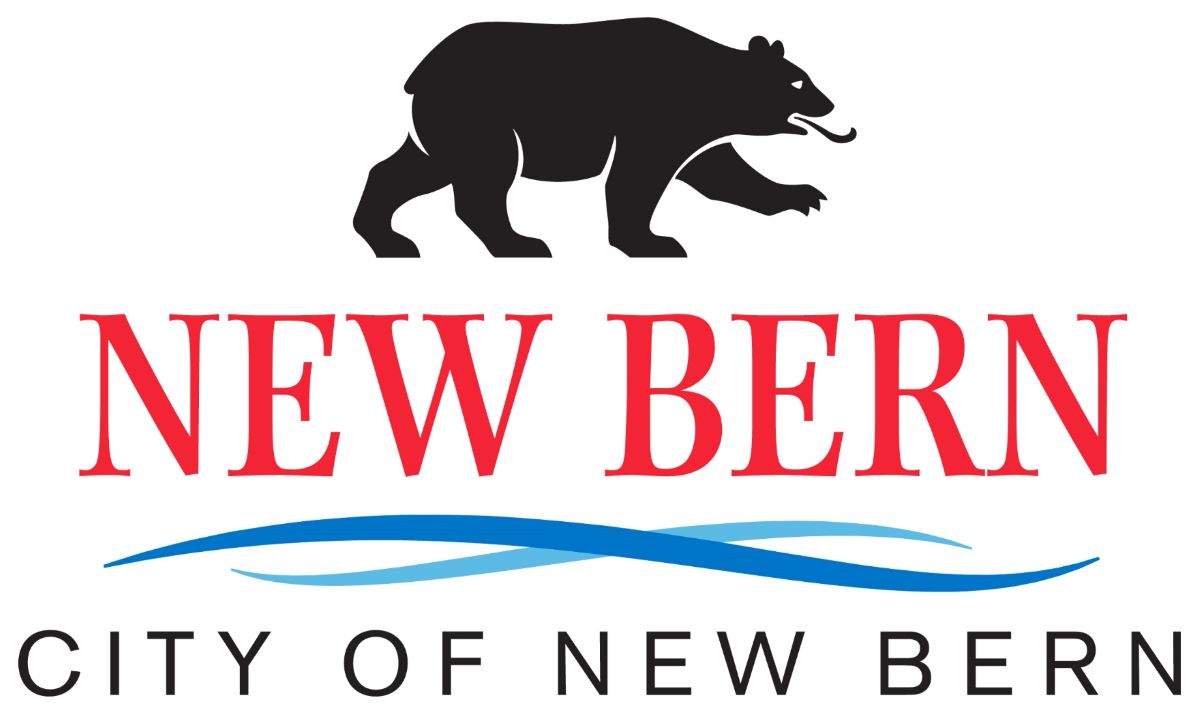 The state Department of Environmental Quality announced Thursday a recap of of efforts taken this year “to protect the environment and health of all North Carolinians and to address the impacts of climate change.”
The state Department of Environmental Quality announced Thursday a recap of of efforts taken this year “to protect the environment and health of all North Carolinians and to address the impacts of climate change.”
DEQ Secretary Michael S. Regan said the agency “has met the unprecedented challenges of 2020 with continued dedication to the protection of public health and North Carolina’s valuable natural resources.
Sponsor Spotlight
“The Department made significant strides on coal ash, climate change, emerging compounds and environmental justice. I am proud of the commitment of our staff to the science-based protection of the health and prosperity of all North Carolinians,” he continued.
NCDEQ highlighted that the agency secured a coal ash excavation in January and February of nearly 80 million tons of coal ash at six facilities through a settlement agreement and signed consent order with groups and Duke Energy. As of Nov. 1, DEQ approved the closure plans for six facilities as well as plans for beneficial reuse at four facilities, according to officials.
DEQ helped develop the North Carolina Risk Assessment and Resilience Plan, including the North Carolina Climate Science report, and work to implement the North Carolina Clean Energy Plan is ongoing. Both part of Gov. Roy Cooper’s Executive Order 80, which is North Carolina’s commitment to address climate change and transition to a clean energy economy.
DEQ continued to hold the Chemours Co. accountable for per- and polyfluoroalkyl substances, or PFAS, contamination, including GenX, in the Cape Fear Region. As part of the signed Consent Order, DEQ sought public feedback on the proposed corrective action plan. In August, DEQ ordered Chemours to take significant additional actions to prevent PFAS pollution from entering the Cape Fear River as part of an addendum to the Consent Order, approved by the court in October. The Division of Water Resources, or DWR, issued a permit for a water treatment system at the Chemours Fayetteville Works site to remove PFAS from a contaminated stream that currently flows into the Cape Fear River. The Division of Waste Management, or DWM, staff continued to sample groundwater wells and analyze data submitted by Chemours’ third-party consultant.
Sponsor Spotlight
The Albemarle-Pamlico National Estuary Partnership partnered with the North Carolina Commission of Indian Affairs and others to develop a project designed to increase engagement among Tribal communities, government agencies and universities as well as to acknowledge the unique knowledge and cultural perspectives of these communities surrounding impacts associated with climate change.
DEQ increased equity, transparency and environmental protection in the permitting of swine operations under the 2018 Title VI settlement agreement with citizen groups, which expired on May 3, 2020.
The state’s Environmental Education Program expanded its environmental justice, equity, diversity and inclusion offerings as part of the DEQ’s efforts to address the goals set in Governor Roy Cooper’s Executive Order 143 on addressing racial disparities.
As part of the Andrea Harris Social, Economic, Environmental and Health Equity Task Force’s Environmental Justice and Inclusion Subcommittee, stakeholders including DEQ Secretary Michael Regan provided recommendations to increase the consideration of environmental justice and equity concerns in state decision-making and address environmental and economic impacts in disadvantaged communities.
In late June, DEQ, along with the National Oceanic and Atmospheric Administration and U.S. Fish and Wildlife Service acting as Natural Resource Trustees, released the final Phase 1 Restoration Plan and Environmental Assessment that identifies 10 projects, totaling $12 million, to offset environmental harm due to releases at the Kerr-McGee Chemical Corp. Superfund site in Navassa, North Carolina.
NCDEQ provided the following list of actions:
Division of Coastal Management
- DCM found WesternGeco’s federal consistency determination related to proposed seismic surveys inconsistent with the state’s coastal program after which WesternGeco appealed this decision to the U.S. Secretary of Commerce. In June, the state objected to the U.S. Secretary of Commerce findings that the proposed survey is consistent with the objectives of the Coastal Zone Management Act. In August, the N.C. Department of Justice filed a complaint to challenge the U.S. Secretary’s decision to override DCM’s objection in the Eastern District of North Carolina. WesternGeco withdrew its BOEM seismic testing permit application after President Trump extended the moratorium on offshore energy proposals to North Carolina.
- DCM partnered with the North Carolina Coastal Federation to remove more than 375,000 pounds of storm debris from public lands with plans to remove more debris and 25 abandoned vessels.
- DCM’s North Carolina Coastal Reserve and National Estuarine Research Reserve program collaborated with 22 partner organizations to conduct and support 31 active research projects at Reserve sites. The Coastal Reserve collected more than 264,000 water quality, meteorological and nutrient measurements as part of the Reserve’s System-Wide Monitoring Program. It also worked with partners to develop an Unoccupied Aerial System based tidal wetlands monitoring protocol to complement the current NERRS System Wide Monitoring Program.
Division of Marine Fisheries
- DCM staff accepted and are reviewing 271 applications for CARES Act assistance that were received by the Nov. 30 deadline. The Division is preparing to disburse $5.4 million to commercial fishermen, for-hire fishing operators, seafood dealers and processors, and marine aquaculture operations who meet revenue loss criteria.
- DCM completed the Blue Crab Fishery Management Plan Amendment 3 and implemented harvest reduction measures in May to end overfishing and achieve sustainable harvest.
- A Revision to Amendment 1 to the North Carolina Estuarine Striped Bass Fishery Management Plan was completed in November and will be implemented in January 2021.
- More than 11,000 Division of Marine Fisheries licenses were issued during the annual license renewal period that ran from April 1 to July 31. These licenses include various commercial, for-hire, and pier licenses that expire each year on June 30 but does not include Coastal Recreational Fishing Licenses. The division extended the deadline to renew these licenses by a month in response to COVID-19.
- The Artificial Reef Program sank three vessels on artificial reefs, two during the pandemic. All projects were funded by donations from non-profit organizations, as well as Coastal Recreational Fishing License grants.
Division of Air Quality
- The Division of Air Quality awarded nearly $30 million to replace 111 school buses and 16 transit buses, and install 33 zero emission vehicle fast-charging stations across the state. The awards are the first phase of the state’s $92 million share of the U.S. Environmental Protection Agency’s settlement with Volkswagen for unlawfully cheating on vehicle emissions.
- A new state emissions rule and amendments to North Carolina’s state air toxics rule were enacted Nov. 1 to regulate the use of methyl bromide for log fumigation, making it the first time in 28 years that a toxic air pollutant was added to the state’s air toxics rules.
- The State Water Infrastructure Authority approved 142 drinking water and wastewater projects across North Carolina during two funding rounds conducted within the challenges of the COVID-19 environment.
Division of Water Management
- DWM provided $400,000 financial support to businesses and homeowners affected by multiple storm events through state and federal disaster assistance funding to help repair or cleanup disaster-related underground storage tank releases.
Division of Water Resources
- DWR awarded $11.5 million to eight North Carolina coastal communities for projects related to Hurricane Florence damage. The awards from the Coastal Storm Damage Mitigation Fund will fund beach nourishment, dune restoration, and other projects to remediate storm damage.







